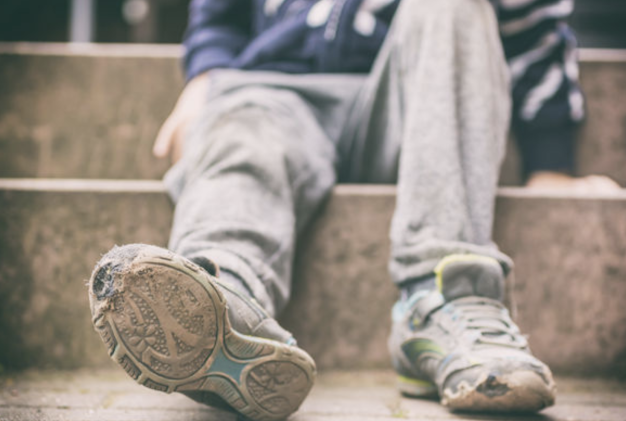
Can we do more to support children and teenagers living in poverty?
Children and adolescents are struggling to receive mental health support and treatment for range of reasons. It is even more difficult to get help when young people come from a background of poverty.
This is a concern because poverty is seen as an adversity and a risk factor for health issues, including mental health concerns. Children and adolescents living in poverty are more likely to struggle with behavioural and mental health problems.
We know that one in three children in the UK were living in poverty in the UK even before the cost of living crisis. Rising costs of food prices and energy bills create even greater barriers to access unmet mental health needs for children and adolescents living in poverty, including the lack of a phone or computer to access digital resources.
Sadly, we recognise some young people, who struggle to stay warm and have enough food, feel more anxious and troubled about their parents’ monetary problems in addition to other mental health concerns. All young people should get mental health support they need – in particular, children and adolescents who are living in poverty.
Sadly, we recognise some young people, who struggle to stay warm and have enough food, feel more anxious and troubled about their parents’ monetary problems in addition to other mental health concerns.
All young people should get mental health support they need – in particular, children and adolescents who are living in poverty.
“When we speak about resilience, some of us think of different types, for example, resilience as the capacity to cope with future stress, an adaptive response to stress or the absence of mental health problems after stress. We believe that the definition for young people should be tailored to their ongoing development as a dynamic process. So we promote the version of showing strong motivation towards their academic goals despite challenges, such as poverty.”
‘Availability of resilience programmes for young people is scarce’
One such resources is a guide for parents provided by Young Minds, which contains pragmatic and financial recommendations as well as further support bodies. However, access to these digital resources is required, which may prove problematic for some. Providing resilience programmes in schools may be an alternative with encouraging tailored programmes coming from the US. One highlighted programme for young people in poverty focusses on strategies to build better self-regulation, relationships, and positivity encompassing short-term to long-term activities for the individual and community, while fighting poverty pragmatically.
Availability and accessibility of resilience programmes for young people living in poverty in the UK is scarce. Dauverman says that research is ‘urgently’ needed into causal processes between poverty as one childhood adversity type and mental health, before tailored resilience programmes can be developed and rolled out.
Childhood poverty, she adds, is a chronic and intergenerational problem that requires a combination of psychological, medical, and societal strategies. “For us as researchers, our work has been cut out to reveal new research insights, while we partner with charities and schools to lobby for societal change.”




